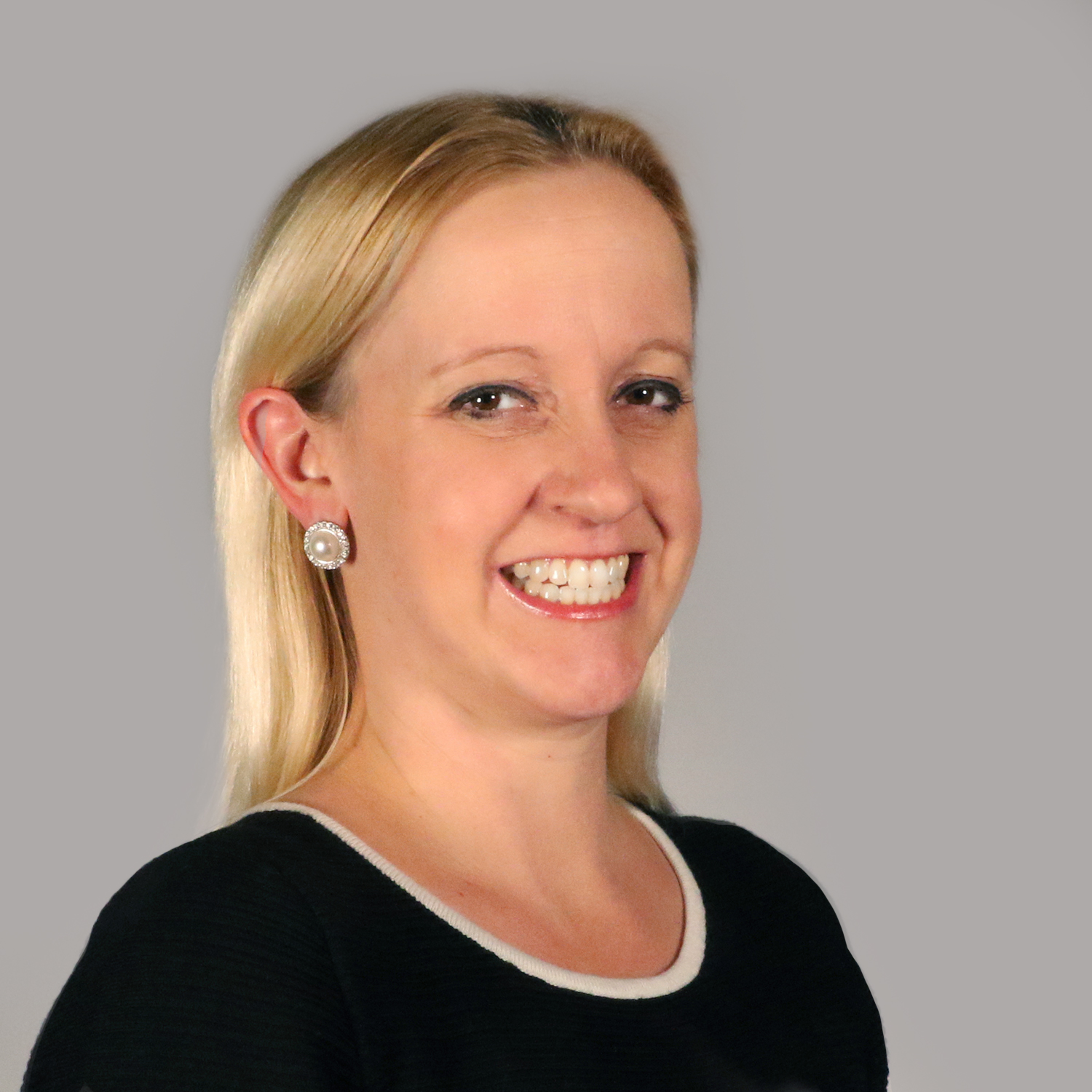Report: School choice has yet to deliver more private school students, capacity
Future growth depends on quality policies and sustainable programs
INDIANAPOLIS — EdChoice, formerly the Friedman Foundation for Educational Choice, today released a new research report concluding that school choice programs across America have not delivered increases in private school enrollment or capacity over the past two decades.
The Private School Landscape: The Effects of School Choice on Student Capacity and Composition also looked at the effects of choice on racial diversity in private schools in choice and non-choice states. Contrary to what critics often allege, the report found that private school choice programs have not caused more racial segregation at the school level. However, school choice programs with broader eligibility enacted within the last five years did not fit the data time frame of this report.
READ KEY FINDINGS AND DOWNLOAD THE REPORT
“In 1955, Milton Friedman posited that educational options available to all families would increase the number of students in private schools and the number of private schools in existence,” said EdChoice President and CEO Robert Enlow. “This report makes it clear that the limited choice programs that exist today have not achieved that outcome, but we can make greater strides by truly embracing Dr. Friedman’s vision of full and unencumbered choice.”
There are 61 school choice programs in 30 states and the District of Columbia, and almost all of them provide students with less funding than they would receive to attend a public school. Most programs also place additional regulations on schools that accept choice students, which deters some schools from participating.
“The more hurdles you throw in front of private schools and school leaders, the harder you make it for them to provide and expand options,” Enlow said. “And if you’re not fully funding students or providing a sustainable funding stream from year to year, that’s just one more barrier to growth. Policymakers should be sensitive to these concerns and design programs to promote increased access and more equitable funding.”
EdChoice Director of State Research and Policy Analysis Drew Catt, who authored the report along with Dr. Dick Carpenter and Rebecca Keith from the University of Colorado, said the findings mirror other analyses.
“Were we surprised to learn that enrollment and capacity growth has been stagnant for so long? Not entirely. Most of these state programs came online within the last five years, and we’ve long known there’s an issue with growing private school supply,” he said, noting that many private and parochial schools were forced to close their doors before educational choice programs put them within reach for low- and middle-income families.
Catt highlighted the racial diversity data in the report as another opportunity for growth but also proof that opponents of choice should not rely on racial segregation as a talking point.
“We can categorically say it’s not true that private schools have become ‘whiter’ in states with school choice programs in operation,” Catt said.
EdChoice CEO Enlow concluded that as educational choice advocates look toward future growth, one way to potentially increase racial diversity within private schools would be to locate more schools within diverse communities.
“We know parents are willing to sacrifice a lot to access the right educational fit for their kids, but we need to start making it easier for them by providing convenient options that meet their needs where they live,” he said.
READ THE FULL REPORT: https://www.edchoice.org/research/private-school-landscape/
LISTEN TO OUR PODCAST FEATURING AUTHOR DREW CATT DISCUSSING THE REPORT:
###
ABOUT EDCHOICE
EdChoice is a nonprofit, nonpartisan organization dedicated to advancing full and unencumbered educational choice as the best pathway to successful lives and a stronger society. EdChoice believes that families, not bureaucrats, are best equipped to make K–12 schooling decisions for their children. The organization works at the state level to educate diverse audiences, train advocates and engage policymakers on the benefits of high-quality school choice programs. EdChoice is the intellectual legacy of Milton and Rose D. Friedman, who founded the organization in 1996 as the Friedman Foundation for Educational Choice.




